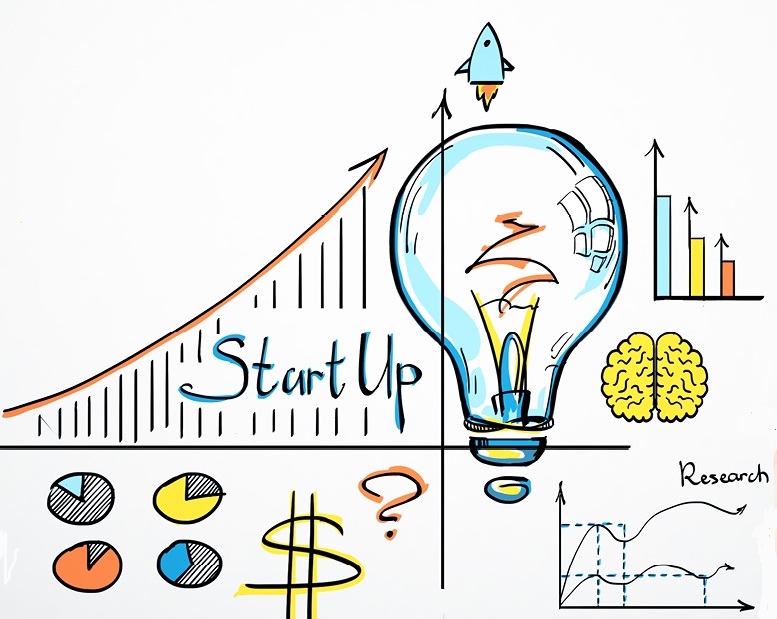
The country was set to host 22 healthcare deals last year, with deal value reaching $4.6 billion, just below the $4.7 billion in 2022….reports Asian Lite News
India registered the largest share of deal value in the healthcare sector in the Asia-Pacific in 2023, a new report has shown.
The country was set to host 22 healthcare deals last year, with deal value reaching $4.6 billion, just below the $4.7 billion in 2022.
In the Asia-Pacific region, announced deal value reached around $14 billion.
“Investors seeking to manage geopolitical risk began to broaden their horizons, with India representing the largest share of announced deal value and continuing to see a long-term rise in biopharma-related activity,” according to Bain & Company’s annual Global Healthcare Private Equity and M&A report.
India’s economic growth, business-friendly government, pharmaceuticals manufacturing landscape, and thriving middle class continue to propel investment.
“The burgeoning middle class in India is catalysing a significant surge in healthcare expenditure, propelled by the upswing in disposable incomes and the proliferation of insurtech platforms, alongside the presence of private payers. Projections signal a sustained trajectory of growth in healthcare spending,” the report noted.
India’s pharmaceutical sector, buoyed by government policies and skilled talent, holds a top-three global position in small molecule and generic manufacturing, satisfying 50 per cent of global vaccine needs.
The emergence of biologics as impending generics points to a potential shift, although China’s dominance in generics, leveraging expertise in microbiology, remains a competitive edge, the report said.
Globally, the healthcare sector continued to be a hub of private equity (PE) deal activity in 2023, reaching $60 billion in announced deal value, despite higher global interest rates, inflationary pressures, and broader geopolitical uncertainty.
Biopharma captured the bulk of dealmaking momentum, attributing 48 per cent of global deal value, including six deals in excess of $2 billion.
“Compared to private equity dealmaking globally, we saw relative resilience in healthcare dealmaking last year,” said Kara Murphy, co-lead of Healthcare Private Equity at Bain & Company.
In 2024, investors will continue to bet on the transformative nature of generative Artificial Intelligence (AI); new modalities and innovative therapies, such as glucagon-like peptide-1 agonists (GLP-1s); and India as a place to deploy healthcare capital at scale.
India has historically served as the back end for many US and Europe-focused healthcare data and analytics companies; however, recent years witnessed a surge in direct-to-consumer digital health companies especially in fitness, wellness, telemedicine, and insurtech.
“Despite reduced deal activity, Indian firms at the healthcare-tech nexus benefit from robust fundamentals, driven by a digitally-enthusiastic youthful population,” said the report.
“In 2024, sponsors will need to establish higher confidence in value creation opportunities earlier and think beyond pure commercial diligence. Successful investors will evaluate a wider set of factors early in their process to create value quickly,” said Nirad Jain, co-lead of Healthcare Private Equity at Bain & Company.

India’s Tech Dominance Defies Global Odds
Despite facing global challenges in 2023 like valuation issues, few IPOs, regulatory changes and macroeconomic and geopolitical trends, India remains the third largest tech start-up ecosystem globally, with over 950 tech startups founded last year, a report showed on Thursday.
The cumulative funding for more than 31,000 tech start ups has exceeded $70 billion (from 2019 to 2023), said the report by Nasscom in collaboration with Zinnov.
Despite the news on layoffs dominating the startup sector in 2023, as per the survey of over 100 start-up founders, over 65 per cent of them have done moderate hiring last year, said the report.
“In 2023, despite facing global economic and regulatory challenges, Indian tech startups have prioritised the imperative of enhancing their business fundamentals, driving profitability and growth,” said Debjani Ghosh, President, Nasscom.
“The proliferation of tech startups in tier 2 and 3 cities marks the ecosystem’s resilience,” she added.
Navigating 2024, tech startup founders expect to continue the revenue growth path with measured steps focusing on optimising expenditure and maximising profitability for B2B tech startups.
Investments in deeptech will continue an upward trend in 2024. With generative AI (GenAI) acceleration, 70 per cent of start-up founders are embedding artificial intelligence (AI) in their solutions.
Pari Natarajan, CEO at Zinnov, said the India startup story is no longer about just scale and innovation but also efficiency and adaptability — all building blocks of sustainable value.
ALSO READ: AI Leads Smartphone Tech Shift


